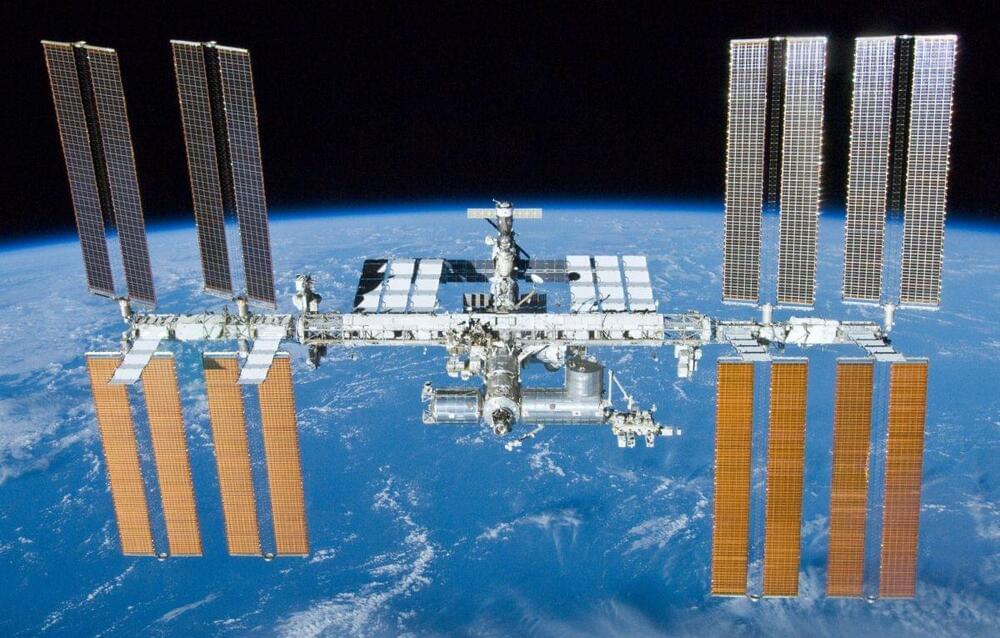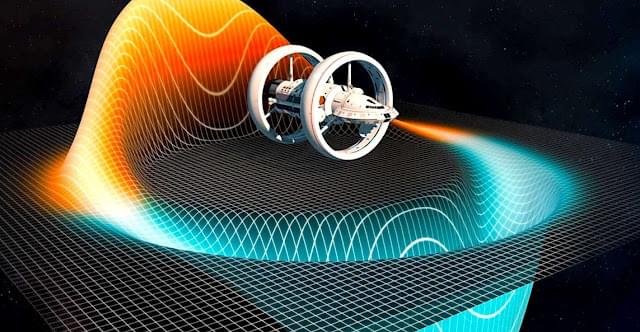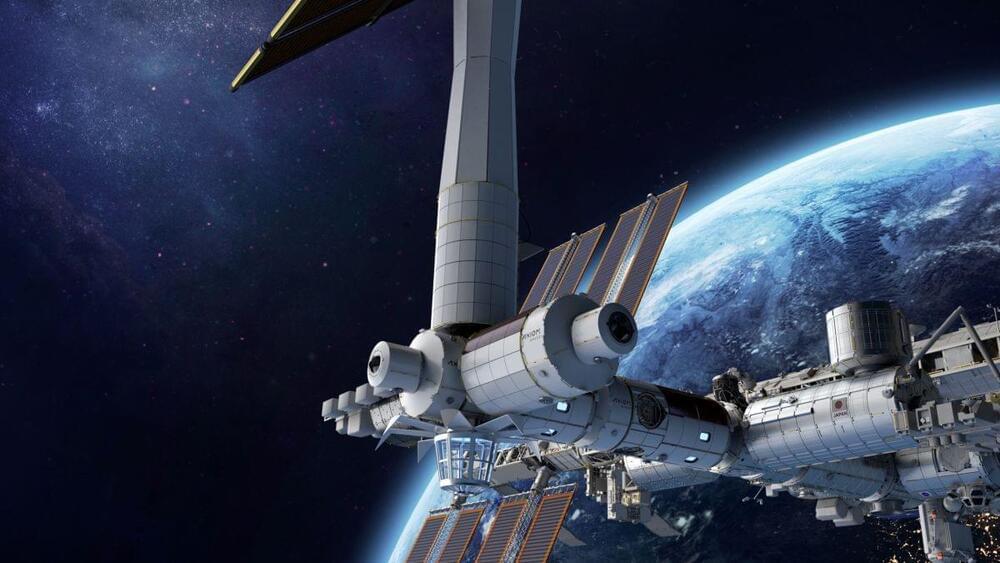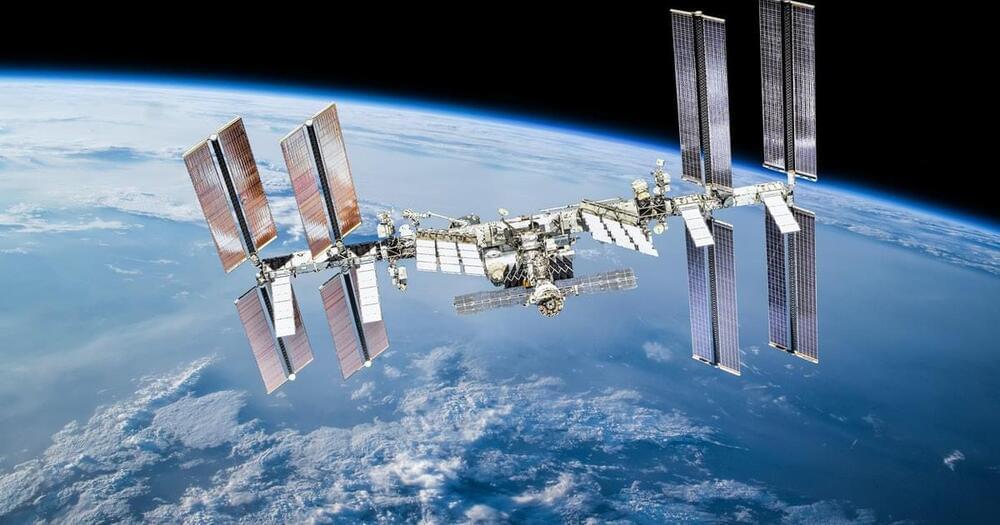Alice Gorman, Associate Professor in Archaeology and Space Studies, Flinders University
A new era of space stations is about to kick off. NASA has announced three commercial space station proposals for development, joining an earlier proposal by Axiom Space.
These proposals are the first attempts to create places for humans to live and work in space outside the framework of government space agencies. They’re part of what has been called “Space 4.0,” where space technology is driven by commercial opportunities. Many believe this is what it will take to get humans to Mars and beyond.







